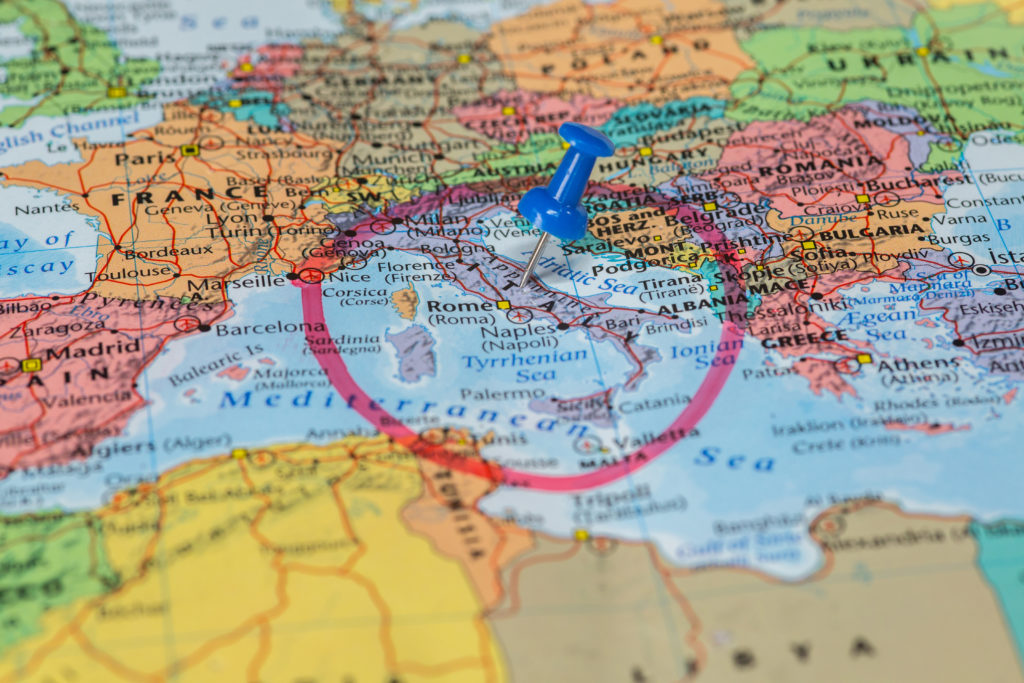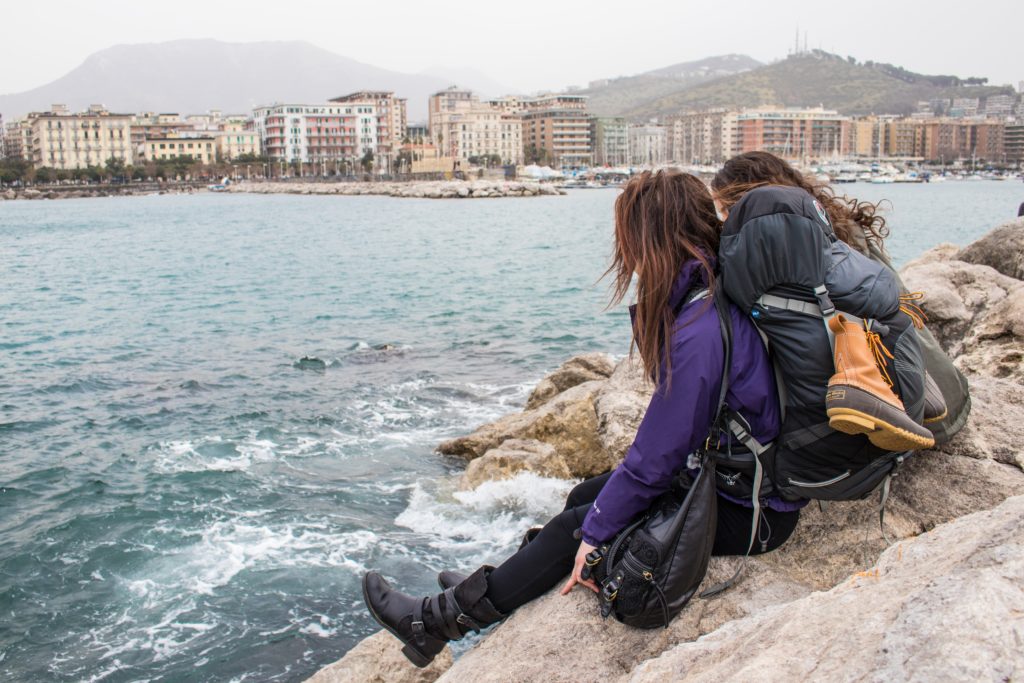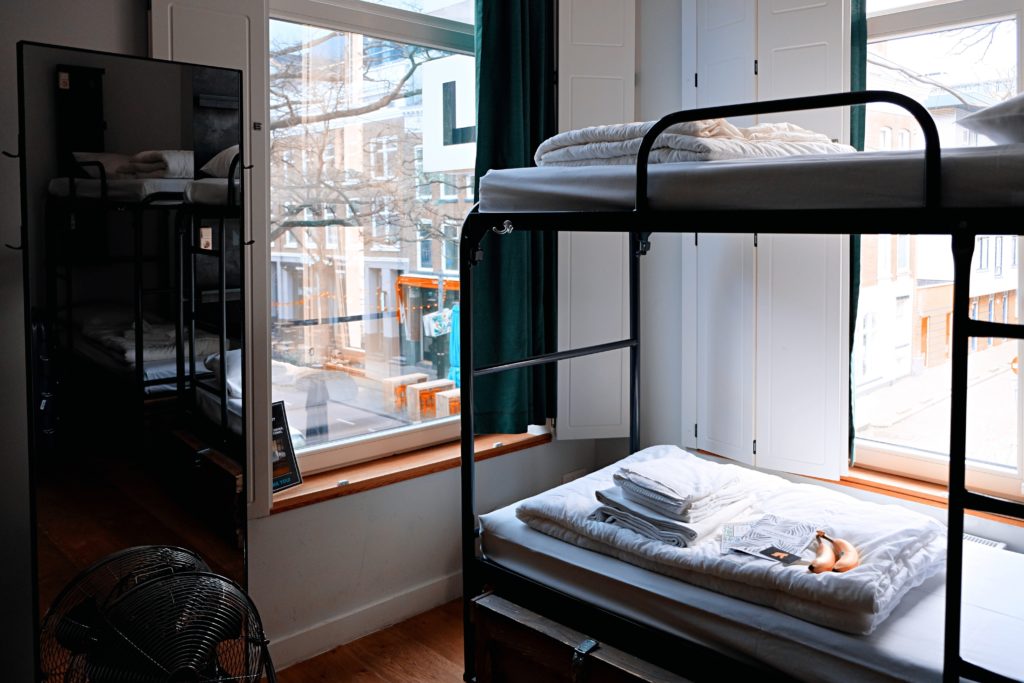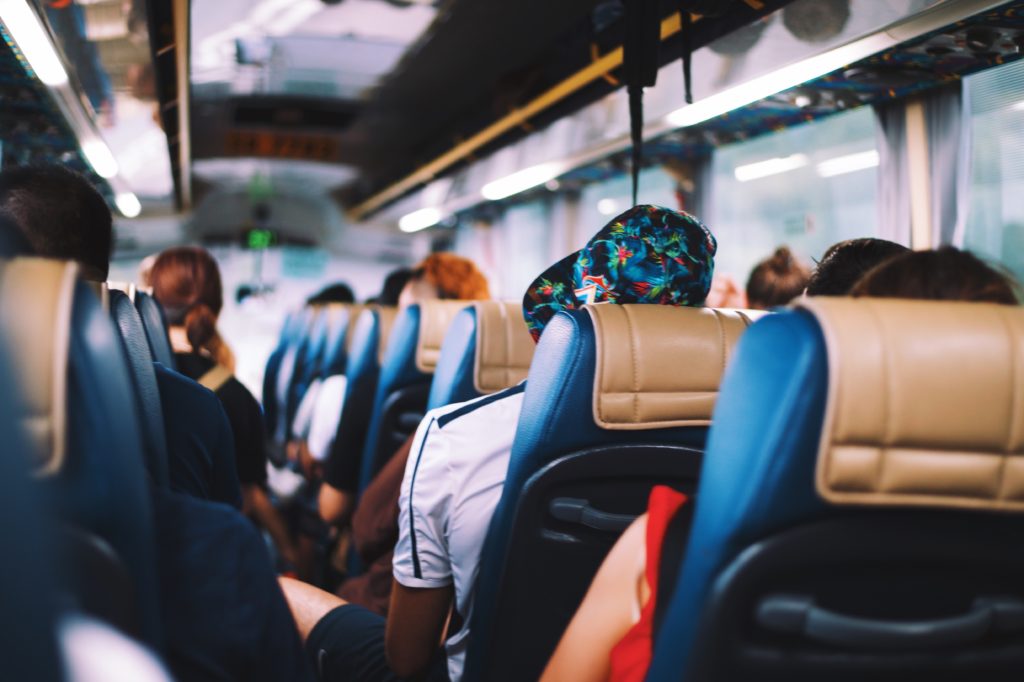Travelling the world is an incredible opportunity that many dream of – but planning and saving for your ideal trip can be a challenge. Looking for some tips to help you prepare? Then take a look at this Eurotrip-planning Bible that my best friend and I put together as we got ready for our backpacking adventure…
1. Learn to save…and start saving now
Before you start planning your trip, go over a budget based on transportation, accommodation and activity costs so you have an idea of how much to save. I started saving a year in advance of my trip – and I even shared a google document with my best friend that included where we wanted to go, how we would get there and where we should stay!
With a rough holiday budget in mind, we worked until we had enough to buy our tickets. And then? We worked some more, earning enough money to pay for activities later on.

2. Do your research
Although ticking off every country you’ve ever dreamed of visiting would be ideal, think realistically! Which countries have been on the top of your list for a while? Which ones are cheap to travel between? Think of all these questions before deciding which countries to add to your holiday bucket list. Googling safety advice, backpacking tips, things to do, and anything else you can think of is the easiest way to learn everything you need to know. Also: remember to compare booking websites for flights and accommodation before finalising any plans.

3. Plan your itinerary
Once you’ve settled on the destinations you want to visit, it’s time to start looking into how to get there. Europe has a fantastic train system that can be cheap – and sometimes it offers some awesome views to gaze at on the way to your next destination. I took a train from Venice to Rome during my travels and the scenery was incredible. I also didn’t have to worry about checking a bag, which allowed me to relax as I watched the countryside fly past. Talk about a win-win situation!

4. Discover packing hacks – travel as light as possible
This is a hard one, but remember that most of the less expensive airlines you’ll be flying with will have high checked baggage fees – so packing light will save you a lot of money. A large backpack is the best way to go. Even if you have to check it, you can still easily carry it around instead of dragging a heavy suitcase from city to city. Oh – and remember to leave room for shopping!

5. Hostels over hotels
Hotels are expensive – and if you’re a college or university student, this type of accommodation can break your budget. The solution? Use websites like hostelworld.com to find amazing places to stay! Hostels are a great way to meet other interesting travellers and make new friends to explore each city with. And with lockers to store your valuables in and easy access to information about the local area, it’s easy to see why this type of accommodation is a must for young travellers. Bonus: some have restaurants and bars inside them, making it easy to grab a quick meal if needed. Handy, right?

6. Don’t eat out for every meal
Along with staying in hostels, cooking for yourself is another great way to save money. Finding a cheap grocery store is easy in Europe, and buying simple ingredients such as cereal or pasta can save heaps of money. Pro tip: ask the front desk at the hostel where the locals go to shop. After all, they know best!

7. Explore the local area
Although seeing the most popular tourist attractions is key, you should also make time to ask around and track down a few more hidden areas. You could find an off-the-beaten-track park or a local bar that you would never have thought to check out! Taking the time to explore really adds to the overall cultural experience and creates special memories that most travellers miss out on.

8. Try to learn the local language
Knowing some phrases like ‘where’s the bathroom?’, ‘I would like to order this’, and of course, ‘please’ and ‘thank you’ will get you a long way with the locals. Being able to communicate even on a basic level is a good way to demonstrate that you’re respectful of the local culture. Using apps like Duolingo or Google Translate can also help you navigate your way around – and Google Translate even lets you download a language and store it off-line for when you don’t have phone service. Useful, right?

9. Public transport > taxis
Look into the public transportation system in the country you plan to visit and find out ahead of time if there are passes you can use while travelling. These passes are much cheaper than taxis – many of which target tourists and charge outrageous fees. Using Google Maps to plan your route before taking a bus is a great way to see more of each city and save money at the same time. For example, in Barcelona, I paid €2.20 for a bus ride that covered the 30-minute trip from the beach to my hostel. The cost of a taxi that went the same way? At least €20!

10. Go with the flow
Remember: travelling isn’t perfect! Your flight could be cancelled, your hostel might not be what you were expecting, your bags could get lost… Stay calm and remember that you are in a new place, experiencing new things. Ask for help and roll with the punches. Looking back on your trip, you’re going to remember the amazing meal you had overlooking a picturesque view – not the time you had to wait an extra day for your suitcase to arrive.

Got the travel bug? It could be time to start planning that next adventure with Topdeck…
